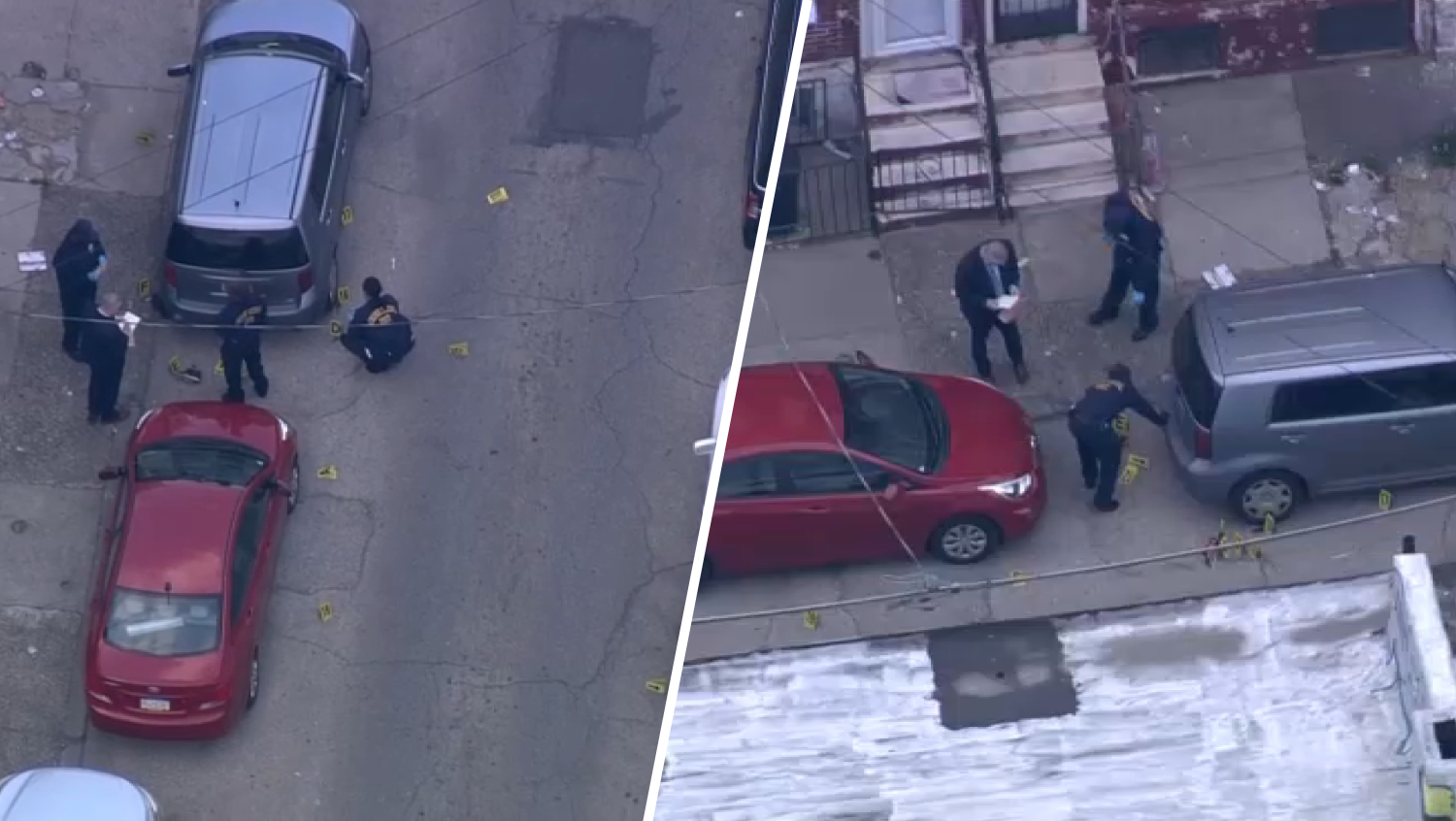Since 2010, PennDOT has earned $157 million selling driver information to third parties. According to PennDOT there are 2,527 business accounts, 16,529 sub accounts, and seven wholesalers with 13,489 sub accounts – all with paid access to driver information. Those third parties, which include credit agencies and insurance companies, are supposed to only use the information only for background and credit checks.
The NBC 10 Investigators learned PennDOT has revoked five of the more than 32,000 accounts since 2009 for abuse.
“We would argue they have a huge stake to abide by the law and use these records for the cited purposes,” PennDOT spokesman Rich Kirkpatrick said.
The NBC 10 Investigators requested documentation showing how PennDOT monitors for abuse. The state agency responded in writing saying, “PennDOT does not have any draft audit reports, working papers or other responsive records in its possession, custody or contract at this juncture.”
Kirkpatrick said two audits are currently in progress, but didn't’t have a timetable for when they’d be complete.
He said PennDOT relies on consumers to come forward to report any possible abuses of their personal information.
“We’re not aware of any abuses,” Kirkpatrick said. “If we were action would be taken.”
Local
Breaking news and the stories that matter to your neighborhood.
34 state’s currently sell driver information. New Jersey’s Motor Vehicle Commission claims it’s earned $600 million in the last 15 years selling driver information. Delaware officials told the NBC 10 Investigators the state does not sell its driver’s information.
Both New Jersey and Pennsylvania officials say the money earned is used to upgrade roads and fix bridges.
Privacy advocates have argued as high as the Supreme Court that states cannot protect driver information once that information leaves state control.
“In order to drive, in order to register a car, we’re forced to give up this information,” Alan Butler of the Washington D.C. based Electronic Privacy Information Center said. “They’re really not doing the necessary diligence to make sure that’s what’s actually happening.”



